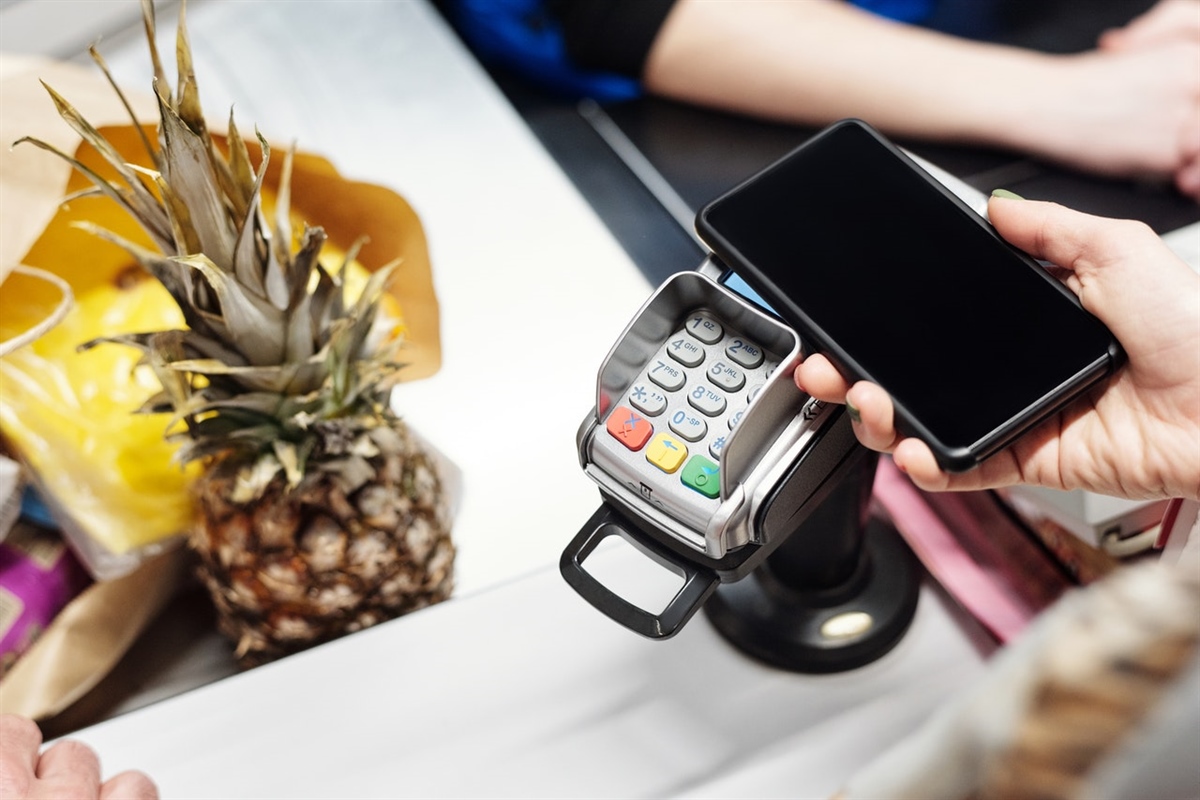Fintech, no it’s not tech originating from Finland, but refers to Financial Technology. Fintech encompasses all software developments in the financial sector ranging from mobile app banking, crowdfunding platforms like Kickstarter, cryptocurrencies and budgeting apps. In 2018, the value of investment into Fintech companies was $111.8 billion and it is estimated that 1 in 3 people report utilising at least 2 different types of fintech.
Fintech has risen in significantly since it first emerged in the early 21st century. It initially encompassed the technology used by large established financial institutions to improve efficiency in their back-end systems. However, more recently Fintech is used to describe start-up companies that are taking advantage of technology to provide an easy, speedy, consumer-oriented service set to disrupt the long-held domination of the established banking services.
Unlike the large established banking firms which provide clients with a range of services from banking, loans, mortgages and financial advise, fintech start-ups tend to offer one of these services focusing on greater efficiency. The streamlined nature and the utilisation of technology reduces operation costs and increases the efficiency of the company. The global financial leaders recognise this rise in technology in the financial world; according to PWC 88% of them see Fintech as a threat to their current business models.

Some other notable fast-growing UK Fintech companies include:
Starling Bank is another mobile-only bank that offers both current accounts as well as options for business banking and merchants offers
Moneybox allows you to save money easier by rounding up your purchases and investing the spare change. Moneybox has teamed up with starling bank to provide these features.
PremFina is an insurance-based company that provides software for brokers to be better manage insurance policies for their customers. It also has a feature that enables the costumer to pay via monthly instalments.
Habito is a digital mortgage broker that compares thousands of mortgages to find a suitable match, applies for the mortgage for you and provides advice and guidance along the way.
Quantexa is focused around Big Data (which you can read more about in my previous blog) providing analytics to provide customer insights whilst also assessing risk of potential criminal behaviour and financial crime.

Fintech has the advantage of being able to make things faster, easier, more convenient and more adaptable by providing unique services to the customer using advanced technology. However, this does come at a level of risk. Compared to the established banks and finance companies, Fintech lacks the heavy level of regulation and legislation. This comes at an advantage when aiming to be proactive and a fast-paced company however it can put the consumer at some level of risk. By being purely in a digital sphere Fintech companies are more vulnerable to hackers, attacks as well as instances of scams and fraud which puts consumers personal and financial information at risk. Without the heavy regulation and legislation in place it is unclear what level of responsibility the Fintech companies would take for such unfortunate events. This doesn’t mean that Fintech companies run rouge, most governments have used existing financial regulations to apply to Fintech and security solutions are being developed and applied more frequently as Fintech becomes an integral part of daily life.
